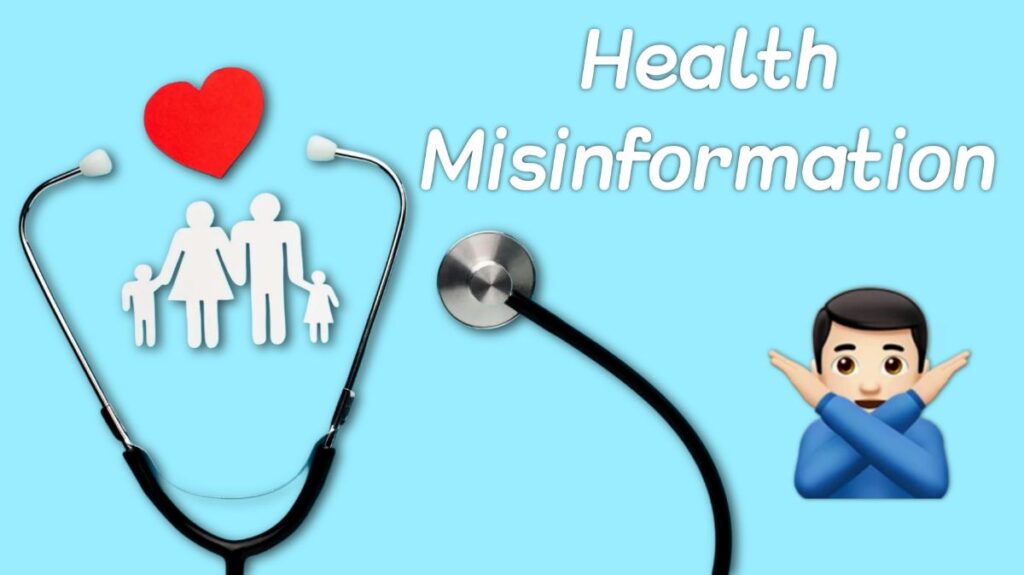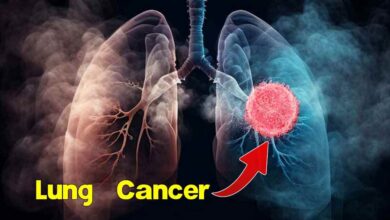
In today’s digital age, health information is more accessible than ever. A quick Google search or a scroll through social media can provide answers to almost any health-related question. But with this convenience comes a significant challenge: the spread of health misinformation and disinformation. False or misleading health advice can be harmful, confusing, and even dangerous. So, how can you separate fact from fiction? Here’s a practical guide to help you navigate the murky waters of health information online.
What’s the Difference Between Misinformation and Disinformation?
Before diving into solutions, it’s important to understand the problem.
- Misinformation refers to false or inaccurate information shared without malicious intent. For example, a well-meaning friend might share a home remedy they heard about, even if it’s not scientifically proven.
- Disinformation, on the other hand, is false information spread deliberately to deceive or manipulate. This could include fake cures promoted by scammers or misleading claims by companies trying to sell products.
Both can be harmful, but understanding the intent behind them can help you approach health information more critically.
Why Is Health Misinformation So Common?
Health misinformation thrives for several reasons:
- Emotional Appeal: Health topics often evoke strong emotions, making people more likely to share information without verifying it.
- Confirmation Bias: People tend to believe information that aligns with their existing beliefs, even if it’s false.
- Lack of Scientific Literacy: Not everyone has the background to evaluate complex medical studies or claims.
- Social Media Algorithms: Platforms prioritize engaging content, which often includes sensational or controversial health claims.
How to Spot Health Misinformation
Here are some red flags to watch out for:
- Overly Sensational Claims: If a headline promises a “miracle cure” or warns of a “hidden danger,” take it with a grain of salt. Real health breakthroughs are rarely that dramatic.
- Lack of Credible Sources: Check if the information is backed by reputable organizations like the CDC, WHO, or peer-reviewed journals.
- One-Size-Fits-All Advice: Health is personal. Be wary of claims that suggest a single solution works for everyone.
- Too Good to Be True: If something sounds too easy or too good to be true, it probably is.
Also Read: Bye-Bye Sun Tan! THIS is the Best Remedy can Fix Your Skin Naturally
Tips to Avoid Falling for Health Misinformation
- Verify the Source
Always check where the information is coming from. Is it a trusted health organization, a licensed medical professional, or a random blog? Look for authors with relevant credentials and expertise. - Cross-Check Information
Don’t rely on a single source. Compare information across multiple reputable sites to see if the claims are consistent. - Be Skeptical of Anecdotes
Personal stories can be compelling, but they’re not scientific evidence. Just because something worked for one person doesn’t mean it’s safe or effective for everyone. - Check the Date
Health information evolves. An article from 10 years ago might be outdated. Look for the most recent and relevant data. - Use Fact-Checking Tools
Websites like Snopes, FactCheck.org, and Health Feedback can help you verify health claims. - Consult a Professional
When in doubt, talk to a doctor or healthcare provider. They can help you interpret information and make informed decisions.
The Role of Social Media
Social media is a double-edged sword. It can spread awareness about important health issues, but it’s also a breeding ground for misinformation. Here’s how to use it wisely:
- Follow Trusted Accounts: Stick to verified accounts of health organizations, medical professionals, and reputable news outlets.
- Think Before You Share: Before hitting the share button, ask yourself: Is this information accurate? Could it harm someone?
- Report False Information: Most platforms have tools to report misleading content. Use them to help curb the spread of misinformation.
Final Thoughts
Health misinformation and disinformation are serious issues, but you don’t have to fall victim to them. By staying informed, verifying sources, and thinking critically, you can protect yourself and others from false health claims. Remember, your health is too important to leave to chance—or to a random post on the internet.
Also Read: From Coconut Oil to Avocado: 7 Natural DIY Hair Conditioners That Actually Work





